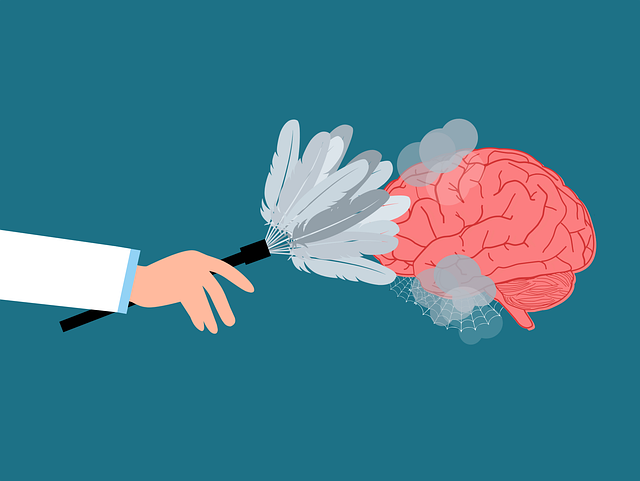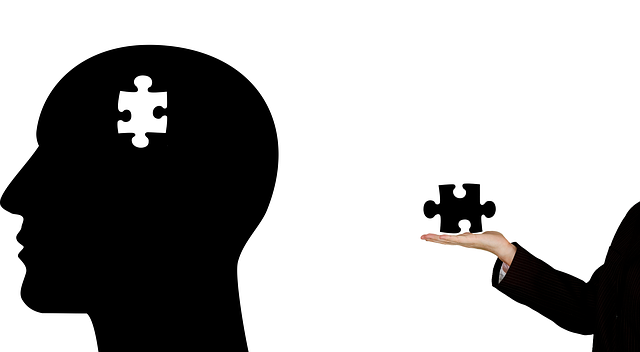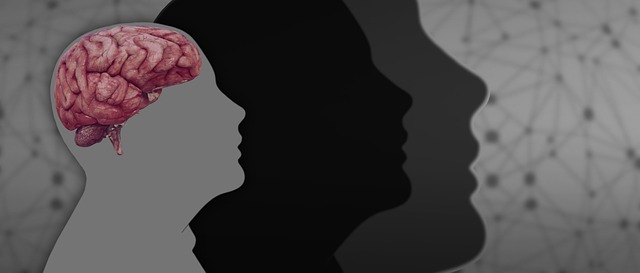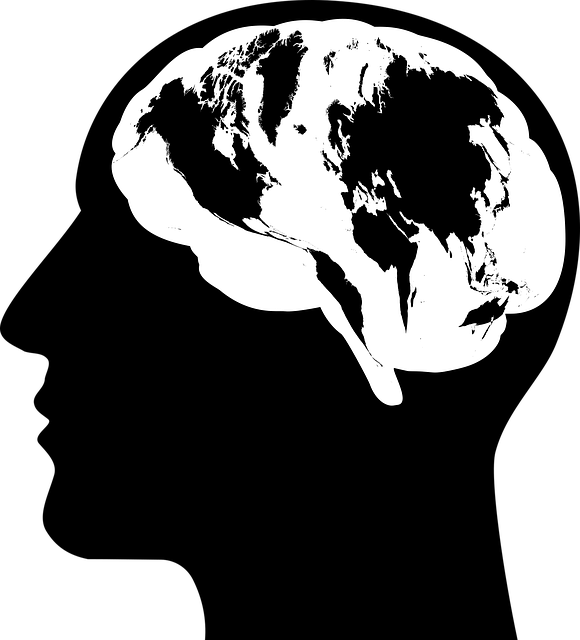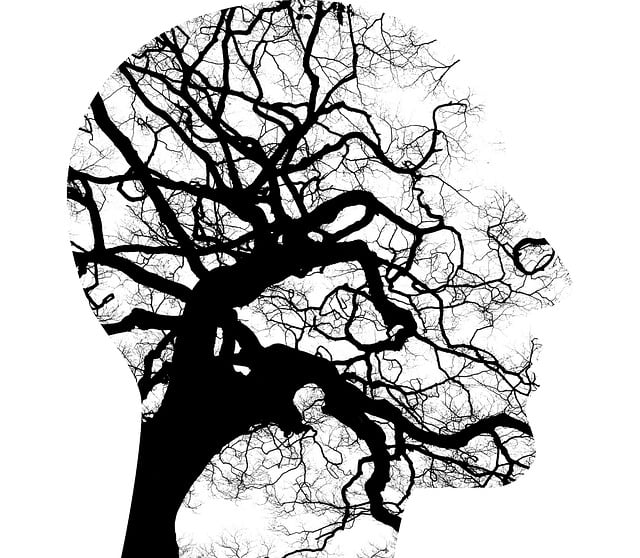Elder veterans face distinct stressors, including physical health challenges, isolation, and military-to-civilian transitions, often overlooked in mainstream society. Specialized therapy for elder veterans is crucial to address invisible scars like PTSD and depression. Effective approaches include cognitive-behavioral therapy (CBT), physical activity, mindfulness practices, and cultural sensitivity. Tailored coping strategies and personalized techniques, such as mental wellness journaling, enhance overall well-being. A comprehensive Mental Health Policy ensures accessible and tailored support, leading to improved outcomes and higher quality of life for elder veterans.
Stress management is a vital aspect of holistic well-being, especially for elder veterans who face unique challenges. This article explores effective strategies to help these individuals navigate and overcome stress. We delve into understanding the specific stressors elderly veterans encounter, offering insights that inform tailored therapy approaches. By examining evidence-based techniques, we empower readers with tools to implement personalized coping strategies, fostering resilience and enhancing overall mental health for this deserving demographic.
- Understanding Elder Veterans' Unique Stressors
- Effective Stress Management Techniques
- Implementing and Personalizing Coping Strategies for Optimal Well-being
Understanding Elder Veterans' Unique Stressors

Elder veterans face distinct stressors that often go unnoticed or unaddressed. As they navigate the later stages of life, various factors contribute to their stress levels. These include physical health challenges, isolation due to mobility issues or loss of peers, and the transition from a structured military lifestyle to civilian routines. Many elderly veterans may also carry invisible scars from their service, such as post-traumatic stress disorder (PTSD) or depression, which require specialized therapy for elder veterans.
Understanding these unique stressors is crucial in developing effective support systems. Inner strength development and compassion cultivation practices can empower elders to cope with these challenges. Additionally, emotional intelligence plays a vital role in helping them recognize and manage their emotions, fostering resilience and enhancing their overall well-being.
Effective Stress Management Techniques

Stress management is a crucial aspect of maintaining mental well-being, especially for elderly veterans who often face unique challenges. Effective techniques include cognitive-behavioral therapy (CBT), which helps individuals identify and change negative thought patterns contributing to stress. By teaching them to challenge distorted thinking and adopt more realistic perspectives, CBT enhances coping strategies and promotes emotional resilience.
Additionally, engaging in regular physical activity, such as tailored exercises for older adults, releases endorphins that reduce stress hormones. Incorporating mindfulness practices, like meditation or yoga, enables veterans to stay present and cultivate a sense of calm. Cultural sensitivity in mental healthcare is essential, addressing the specific needs and experiences of diverse veteran populations. Efforts to reduce the stigma surrounding mental illness encourage open dialogue and prompt individuals to seek help for their emotional well-being, including self-esteem improvement.
Implementing and Personalizing Coping Strategies for Optimal Well-being

Implementing coping strategies tailored to individual needs is a powerful approach to stress management, especially for groups like Elder Veterans who often face unique challenges. Therapy for Elder Veterans should incorporate personalized techniques to enhance their overall well-being. This may involve encouraging engaging in regular mental wellness journaling exercises, which can serve as an outlet for processing emotions and thoughts, fostering self-awareness, and promoting reflection on personal strengths.
A comprehensive Mental Health Policy Analysis and Advocacy approach ensures that these coping mechanisms are accessible and tailored to meet the diverse needs of this demographic. By integrating Depression Prevention strategies within these personalized practices, Elder Veterans can develop robust tools to navigate stress effectively, leading to improved mental health outcomes and a higher quality of life.
Elder veterans face unique stressors that require tailored approaches to stress management. By understanding their specific challenges, we can implement effective techniques like mindfulness meditation, cognitive behavioral therapy (CBT), and social support networks. Personalizing coping strategies through education and practice empowers elders to navigate life’s stresses, enhancing their overall well-being. Adopting these practices ensures a holistic approach to therapy for elder veterans, fostering resilience and improving the quality of their lives.





